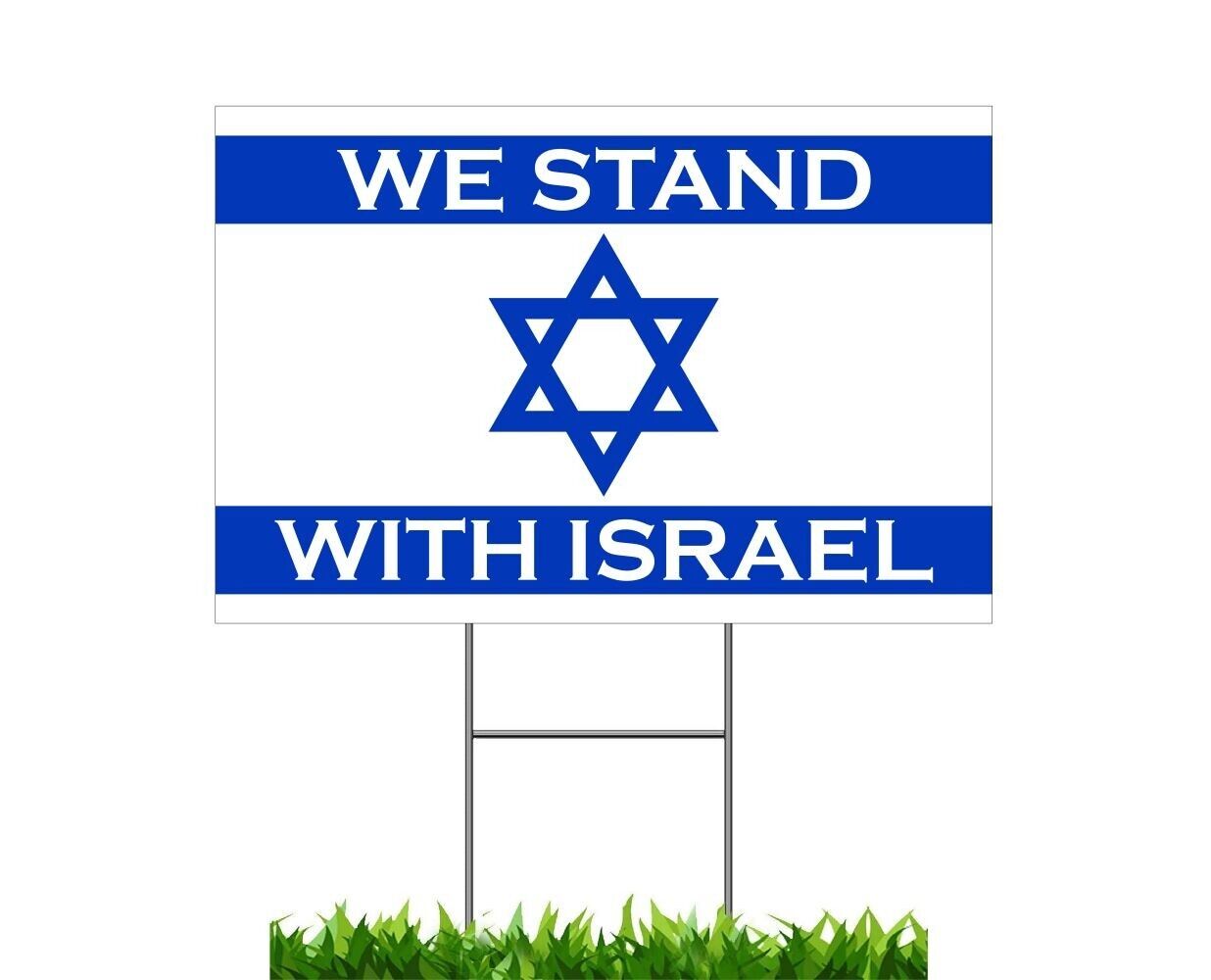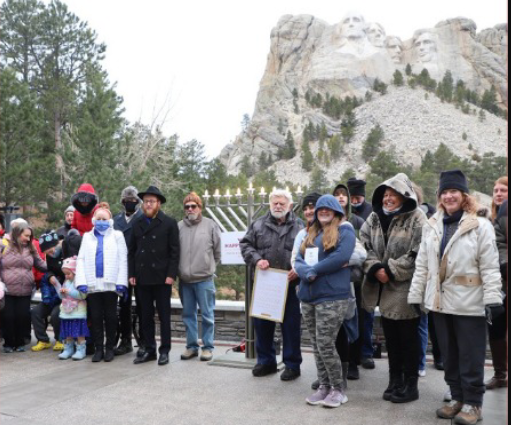June 27, 2022|כ"ח סיון ה' אלפים תשפ"ב Shlach 5782 - Ger V'Toshav: Remembering Where Our Values Come From
Print Article
The day had finally arrived. After all kinds of advanced planning, 12 leaders of Am Yisrael were prepared to head out on their mission to spy out Eretz Canaan and provide critical data which would be used to conquer the land.
And as they prepare to leave, the Torah tells us that Moshe calls over his trusted student, Hoshea Bin Nun and changes his name to Yehoshua. Why does he change his name now? Rashi quotes from the gemara in Sota 34b that this was not simply a name change, but rather a tefillah:
התפלל עליו י-ה יושיעך מעצת מרגלים:
He davened for him that “Hashem should save you from the counsel of the spies”.
Rashi quotes a similar gemara in reference to Kalev. The Torah says:
וַיַּעֲלוּ בַנֶּגֶב וַיָּבֹא עַד חֶבְרוֹן
They, all of the spies, went up to the Negev, and then the pasuk says Vayavo, he went to Chevron.
Why does the Torah switch in the middle of the pasuk from plural to singular? Says Rashi, quoting the gemara:
כלב לבדו הלך שם ונשתטח על קברי אבות, שלא יהא ניסת לחבריו להיות בעצתם
There was only one of the meraglim who went to chevron, and that was Kalev. He went to see the avos at Mearas HaMachpela, to daven that he should be saved from falling into line with the plan of the other spies.
The Ben Ish Chai, Rav Yosef Chaim of Baghdad in his sefer Ben Yehoyada, written in the 19th century, notes that these maamarei chazal raise a theological problem:
The gemara in brachos 33b tells us: Hakol bidei shamayim, chutz miYiras Shamayim. Hashem controls everything that happens in the world, Everything is in the hands of Heaven, except one thing: our free will. Hashem does not control our choices. We decide whether to do what is right or what is wrong. With few historical exceptions, God will never step in and change our minds for us.
If that is true, how could it be that we find tefillos – both on behalf of Yeshoshua and by Kalev himself – asking Hashem to prevent them from falling prey to the influence of the other spies?!
The Ben Ish Chai answers this question by making a distinction between two ways the Yetzer Hara manifests itself in our lives:
Sometimes we make mistakes because we have an internal drive which overpowers our conscience. We know what is right and what is wrong. We simply choose not to control the temptation to do what we want.
Other times, we don’t make a misstep because we have chosen to do the wrong thing consciously. Rather, we have slowly but surely come to mistake right for wrong, and vice versa. Sometimes we have become so influenced by those around us that we begin to believe that whatever values that group places on a pedestal is good, right, and virtuous, and whatever that group villainizes is, by definition, bad and wrong. When this happens, we can make decisions to do the wrong thing not because we have any intention to sin. In fact, when we make the wrong choice, we actually believe we are making the right choice. Our moral clarity has become so obscured, we don’t even realize where we have gone wrong.
The Chet HaMeraglim, argues the Ben Ish Chai, falls into this second category.The Meraglim, he argues, were not out to defy God for no reason. Rather, they felt that Am Yisrael entering and endeavoring to conquer Eretz Canaan was wrong. They felt it was their responsibility to warn the people about the dangers that lay ahead should they choose to try and conquer the land. It was their job, they believed, to reveal the “truth” about Canaan, so Am Yisrael would know what they were up against.
And with this, we can answer our original question: Because while one cannot daven to Hashem to make choices on our behalf, we may – and even should - daven for clarity of understanding. We can ask Hashem to help us know with clarity what he wants from us and what the values of the Torah expect from us. In fact, we ask for that every day in the tefillah of “Ata Chonein” in Shmone Esrei.
Moshe did not daven that Yehoshua should find the inner strength to resist the pressure of the Meraglim. That is something Yehoshua was expected to do on his own. Rather, Moshe prayed that God should save him from “the atzas meraglim”, the misplaced and incorrect thought process that led the Meraglim to make their terrible mistake, a mistake which had catastrophic consequences.
The lesson, then, says the Ben Ish Chai, is that Hashem does not take part in controlling our Yiras Shamayim. It is our responsibility to learn to make good, spiritually healthy decisions for ourselves. However, we can turn to HKBH to help us achieve the clarity of thought to know what He wants from us.
This idea of making sure we do all we can to understand with clarity what is that Hashem wants from us, what the Torah philosophy is on a particular issue, could not be more relevant to us than it is at the current moment in this country.
The topic of abortion is an incredibly serious one, and an issue that requires extraordinary sensitivity. And the public debate surrounding the issue should never allow us to lose sight of the very painful personal experiences that are happening all around us, in the Jewish and secular world. As we discuss this issue with our friends and acquaintances we should be particularly sensitive, as we never know the experiences of the person with whom we are speaking. That being said, it is important that we take a moment to address some perspectives for ourselves as Torah Jews.
Because as the United States becomes more polarized politically, and as so many issues about the foundational elements of humanity, like abortion, become red hot political issues, it is so critical that we, as Torah Jews, Jews who submit ourselves to the dictates of halacha, make sure we have clarity as to what the Torah positions are on this issue – and all issues of similar import.
I have given a shiur in the past on the topic of abortion and will do so again in the coming weeks. But to give a short overview, one that is not in any way comprehensive, there are a few points that are very clear:
1) The Torah does not offer any individual, man or woman, a right to choose whether to maintain a pregnancy or not. The Torah does speak in the language of rights. It offers us responsibilities and obligations.
2) That being said, there are scenarios in which the Torah permits and even requires an abortion. For example, if the pregnancy puts the mother’s life in danger. Rav Moshe Feinstein explicitly permits abortion in that scenario.
3) Additionally, there are some poskim, most notably Rav Eliezer Waldenberg, the Tzitz Eliezer, who have allowed abortions in other extreme circumstances, for example, when the fetus has been diagnosed with Tay Sachs or other genetic diseases where children are born with significant cognitive and physical abnormalities, including those which lead to death in childhood, rachmana litzlan.
4) And there continue to be times when an abortion is appropriate in unique circumstances, depending on the case, and depending on the individuals involved.
With all of this in mind, it is certainly true to state that the halacha is not categorically pro-choice, nor is it categorically pro-life. There is legislation being proposed by BOTH the pro-life and pro-choice lobby which are equally antithetical to our values. We don’t believe in a total ban on abortion, nor do we believe in an unequivocal right to choose. Rather, we fall somewhere in the middle, more on the restrictive side that is for sure, but we cannot place ourselves firmly in either camp.
In Parshas Chayei Sarah, Avraham approaches the Bnei Cheis in order to purchase a burial plot for Sarah. When he does so, he begins by telling them:
גֵּר וְתוֹשָׁב אָנֹכִי עִמָּכֶם
“I am a stranger and an inhabitant with you”
And Rav Soloveitchik wrote the following about these words:
What is our position vis-à-vis modern civilization – with respect to science, Western culture, to the countries in which we live? The answer is enshrined in these words. Certainly, I am a resident, I am one of you. I engage in business as you do, I speak your language, I take full part in your social-economic institutions. But at the same time, I am a stranger and, in some aspects a foreigner… In [certain] matters I am a stranger in your world and you are strangers in mine.
And so, if you would ask me what our reaction should be to the overturning of Roe v. Wade, I would say that while there are a myriad of appropriate reactions, I would offer two thoughts:
First, I am personally worried about aftermath of all of this. Watching another lightning rod issue drive a wedge between more Americans is frightening no matter what you believe. We should continue to daven that there should be only peaceful rallies and not, chalila, violent conflict.
I would also argue, though, that at least one other important reaction for us as Torah-true Jews is that this moment is a reminder of the concept of Ger V’Toshav. We live here in the United States. We are grateful for all this country has given us, and we take part in society in significant ways. But there are times when we are reminded that our values will not always be in sync with those of American society. Don’t get me wrong, this is far from the only example. But it is a powerful one.
Abortion is certainly an incredibly sensitive, serious, and painful issue, and we should never allow the punditry and politicization of this topic to allow us to lose sight of the sensitivity that is necessary for every individual or couple who are forced to deal with this question.
Yet, the public conversation and debate does serve as an important reminder as to the source of our value system. A reminder that every day we live in the dual experience of Ger V’Toshav. A reminder that as Torah Jews our values do not emanate from any party or any group, but from the only source of objective values, God Himself.




